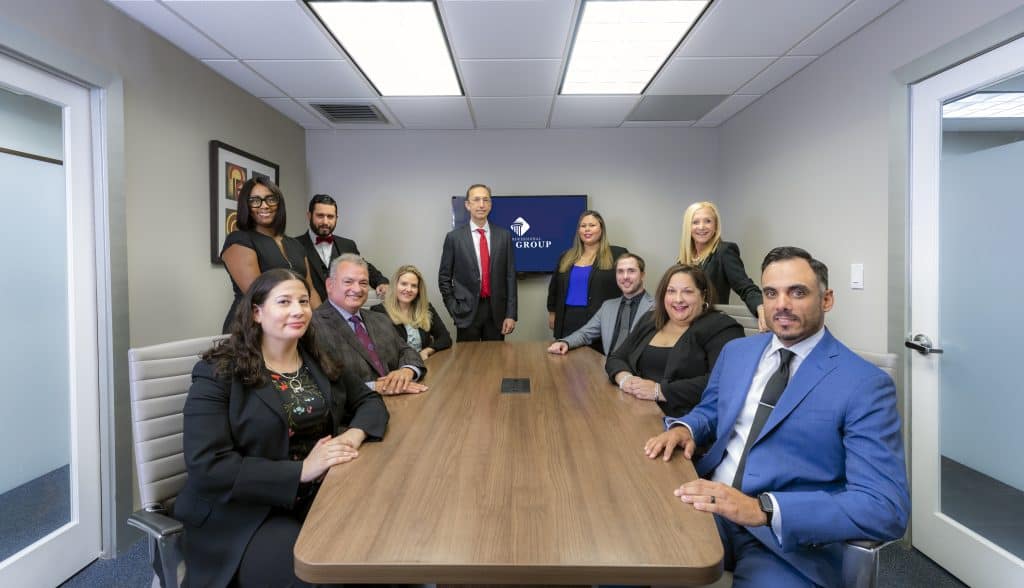Most of the time, homeowner’s insurance is used to cover first-party losses — that is, damages incurred to your property that involve only you, the property owner. For example, your roof being damaged in a storm would be a first-party claim.
But what happens when someone else causes damage to your property? This would be a third-party claim.
What happens next depends on who is considered liable for the damage. These situations can get tricky, so let’s take a look at what you can expect.
Determining Liability
If the damage occurred due to the other party’s negligence, the claim will be filed against them and their property insurance may provide liability insurance coverage for them.
Alternatively, if the other party does not have insurance that covers the claim, then this party might have to cover the loss out of pocket. That is often a problem because many people do not have enough money to do so. In this situation, trying to determine if the other party is collectible is important.
For example, say your neighbor is cutting down a tree and does not use the proper standard of care, and it falls down on your roof, damaging your home. In all likelihood, your neighbor will be held liable for these damages.
On the other hand, if the damage occurs because a tree branch broke in a storm, due to natural causes, and fell on your house, it’s likely that the neighbor will not be held liable and that the claim will have to be filed with your homeowners insurance.
Filing a Claim Against Someone Else’s Homeowners Insurance
When a third party causes loss or injury, the claim is technically filed against the negligent party. That person in turn, you can file a claim against their property insurance policy seeking defense and coverage under the liability portion of their policy.
In cases like these, the third party should usually disclose information about their insurance to you.
Third-Party Losses
On the other hand, if another person claims that they or their property were damaged due to your negligence, then you should turn to your insurer and demand a defense and coverage under your insurance policy. Even if there is a question of whether or not you are legally responsible for the claim, your insurer is usually obligated to provide you with an attorney to defend against the claim.
These claims can be quite costly, so it’s important to check your policy sooner rather than later to make sure you’re covered in the event of a third party makes a claim against you. Check the liability section of your insurance policy.
What Happens If Someone Doesn’t Agree?
Some third-party claims are resolved without the need to file a lawsuit. However, other cases will proceed to a lawsuit to determine who is responsible and the amount of damages that person is responsible to pay. Even after a lawsuit has been filed, as information about the case is developed and it becomes clearer about how the law will be applied; many cases can be settled before going to trial.
If your property is damaged due to another person’s negligence, you will likely require the help of a Florida property attorney, who can leverage their expertise to make sure you get the coverage and compensation that you deserve.
The Professional Law Group assists property owners in the state of Florida with new, delayed, underpaid, and denied property damage insurance claims, including third-party claims. If you need assistance with your third-party insurance claim, please contact us by submitting this form or calling our Claims Helpline at 800-LAW-4141 for a free consultation.


